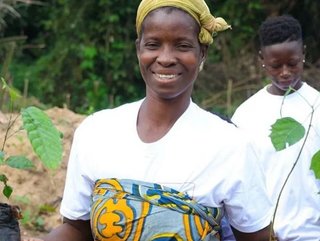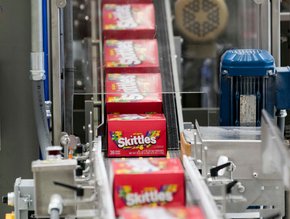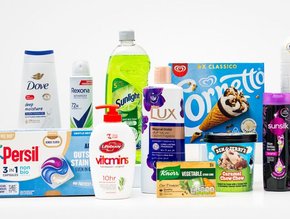Nestlé & Cargill Combine to Cut Cocoa Carbon Emissions

Nestlé has joined forces with two of its suppliers, Cargill and ETG | Beyond Beans to regenerate land around cocoa farms and cut carbon emissions in its supply chains.
As part of its commitment to reach net-zero emissions by 2050, the company has launched the five-year programmes to accelerate the transition to regenerative agriculture and support reforestation of degraded lands around cocoa-farming communities.
A range of so-called shade tree species will be distributed to farmers, who will be taught tree planting and pruning techniques.
Shade trees are used to reduce exposure to the sun and provide moisture-rich spaces for cocoa crops to survive during the dry season. They can also improve water management and absorb carbon from the atmosphere.
Nestlé’s cocoa projects part of broader sustainability aims.
"These projects are important milestones on our journey to net zero," says Darrell High, Global Cocoa Manager at Nestlé. "We're working to address our emissions all the way to the farms we source from."
The survival rate of the trees is a key success factor. Farmers will receive an incentive payment when they plant the tree seedlings and care for them.
The cocoa initiative follow recent news that Nestlé has reported a 13.5% reduction in greenhouse gas (GHG) emissions for 2023.
Its 2023 Key Performance Indicators in its latest sustainability report, also show the company has cut methane emissions by 15.3% in the same period. Both figures are net numbers compared to Nestlé’s 2018 baseline emissions.
The company said the results show that it has “decoupled” its growth from its emissions, and added it is on track to reach a 20% absolute reduction of GHG emissions by 2025.
The company is also becoming more energy efficient, increasing use of renewable electricity across its operations. As of the end of 2023, 92% of electricity sourced for its manufacturing sites worldwide were from renewable sources.






